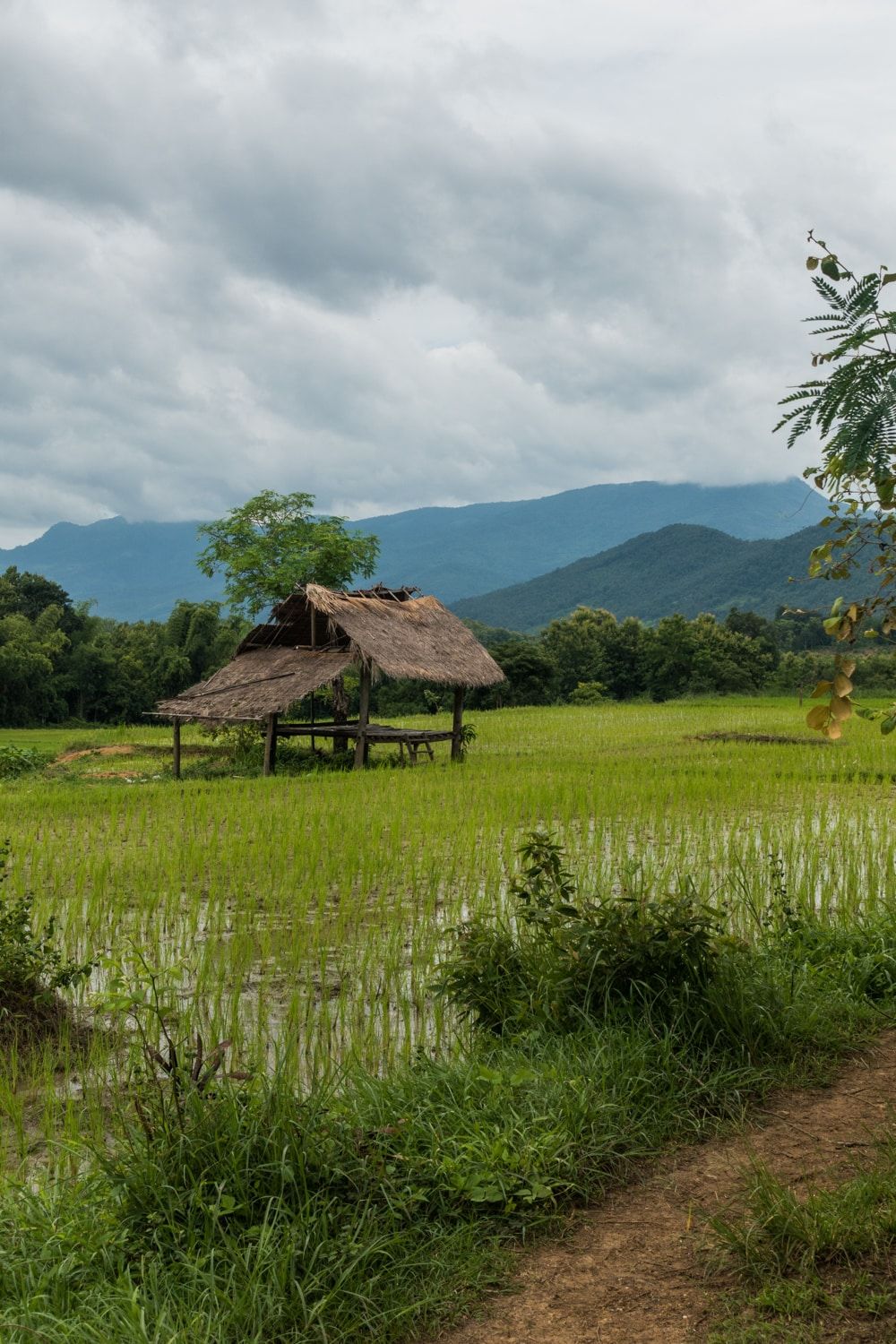
Areaism Principles Already in Practice Globally
While no country has formally adopted "Areaism" as its state ideology, several nations have, through their unique historical and cultural development, institutionalized key principles of it. They demonstrate that organizing a society around wholeness, subsidiarity, and well-being is not a utopian fantasy but a proven path to stability and prosperity.
Areaism Principles Already in Practice Globally
Institute of Area Management (-IAM-), Iba, Zambales Philip G. Camara, Founder September 22, 2025
While no country has formally adopted "Areaism" as its state ideology, several nations have, through their unique historical and cultural development, institutionalized key principles of it.
They demonstrate that organizing a society around wholeness, subsidiarity, and well-being is not a utopian fantasy but a proven path to stability and prosperity.
Here is a ranking of countries that most actively express Areaist principles, based on the criteria of personal health, political subsidiarity, environmental respect, low corruption, and an egalitarian, freedom-loving society.
Tier 1: The Vanguards – Deeply Ingrained Areaist Logic
These nations have made the core tenets of Areaism a foundational part of their governance and social contract.
1. Switzerland Switzerland is arguably the purest political expression of Areaism in the world. Its entire system is built on the principle of subsidiarity, scaling from the whole person to the nation.
Political Subsidiarity: Ultimate power resides not in the capital, Bern, but in the 26 cantons and, even more fundamentally, in the 2,200 municipalities (Gemeinden). This is the Biodistrict model writ large. Decisions are made at the lowest, most local level possible.
Consensual Governance: Frequent referendums mean the government cannot act without the explicit, ongoing consent of the governed. It is a system of "collective intelligence" in action.
Low Corruption & High Trust: The radical transparency and local accountability make systemic corruption incredibly difficult.
Environment & Wholeness: A deep cultural respect for the alpine landscape (their primary ecosystem asset) translates into strong environmental protections.
2. The Nordic Countries (Denmark, Finland, Norway, Sweden) The Nordic model represents a different flavor of Areaism, one based on an exceptionally strong social contract and trust.
Empowered Personal Health: Universal healthcare and a focus on social well-being (hygge, friluftsliv) are seen as essential public investments, not costs.
Strong Local Governance: Municipalities (kommuner) have significant autonomy, managing everything from schools and healthcare to land-use planning.
Low Corruption & Egalitarianism: These are consistently ranked as the least corrupt and most egalitarian societies on Earth. There is a deep-seated belief that the system should benefit the whole, not just a few.
Environmental Leadership: They are global leaders in renewable energy, conservation, and sustainable policy.
Tier 2: Strong Contenders – Areaism in Practice
These countries exhibit powerful Areaist tendencies in specific, defining aspects of their national character.
3. New Zealand New Zealand excels in its social cohesion, low corruption, and a nationally embraced environmental ethos.
Environmental Guardianship: The indigenous Māori concept of kaitiakitanga—guardianship and protection of the land for future generations—is increasingly influential in national policy. This is pure Areaist logic.
Low Corruption & Transparency: It is consistently ranked #1 or #2 in the world for lack of corruption and government transparency.
Focus on Well-being: New Zealand was one of the first nations to officially introduce a "Wellbeing Budget," aiming to measure and improve citizens' quality of life, not just GDP.
4. The Netherlands The Dutch model is a testament to consensual governance born from the necessity of managing a shared ecosystem.
The Polder Model: A long tradition of consensus-based decision-making involving all stakeholders.
Water Boards (Waterschappen): These ancient, independent, and locally-elected governing bodies are a perfect example of Area Management, responsible for a single, critical ecosystem asset (water) within a specific geographic area.
Tier 3: Exemplars of Specific Principles
These nations are not as holistically aligned as the top tiers, but they champion a specific, critical aspect of Areaism that the world can learn from.
5. Costa Rica Costa Rica made a radical choice to prioritize its people and ecosystem over military power.
Human & Environmental Investment: By abolishing its army in 1949, it has been able to invest heavily in universal healthcare, education, and phenomenal environmental conservation, becoming a global leader in ecotourism and reforestation. This is a national-scale decision to optimize for the well-being of its households and the carrying capacity of its land.
6. Bhutan Bhutan is the only nation to have formally replaced GDP with a more holistic, Areaist-aligned metric.
Gross National Happiness (GNH): The national policy is explicitly aimed at balancing material and spiritual well-being, with pillars including sustainable development, environmental conservation, and good governance. While its political freedoms are still developing, the intent of its governing ideology is the most Areaist in the world.
These countries, in their own ways, prove that the principles of Areaism are not a fantasy. They demonstrate that when a nation prioritizes local empowerment, builds a culture of trust, respects the limits of its ecosystem, and governs for the well-being of the whole, the result is a society that is more stable, prosperous, and resilient.
They are the living proof that a peaceful transition from a fragmented Sectoralist world to an integrated Areaist one is not only possible, but profoundly desirable. And they don't generate massive corruption scandals.
About Philip G. Camara
Philip Camara is the founder of the Institute of Area Management and a leading advocate for sustainable community development through the principles of Areaism. His work focuses on transforming how communities organize themselves for collective well-being and ecological resilience.


